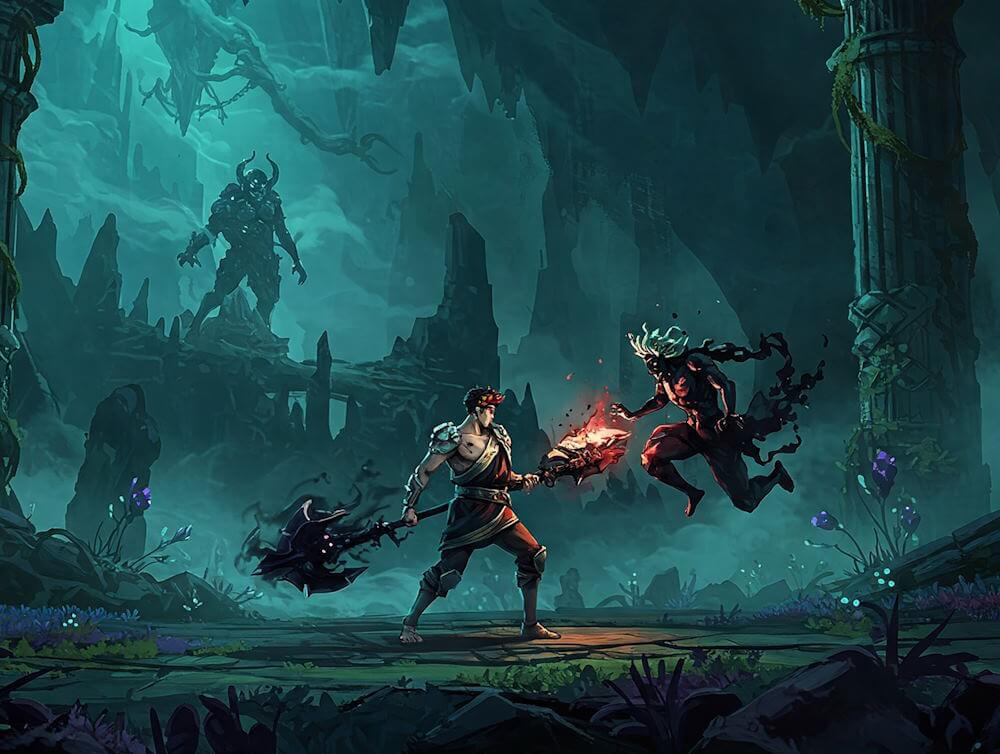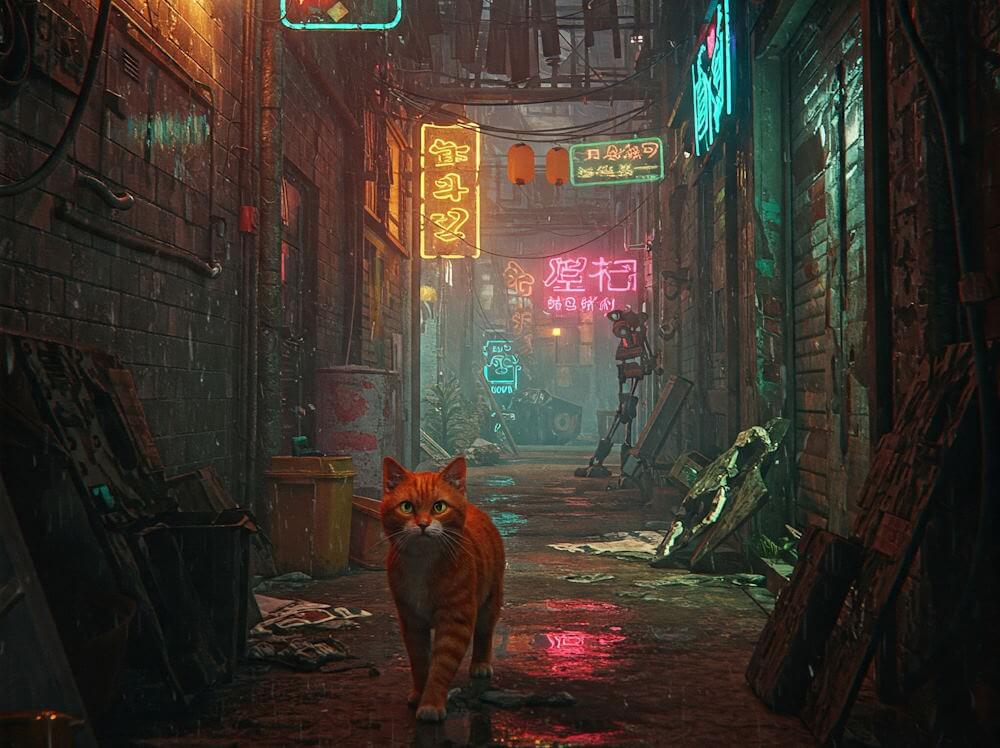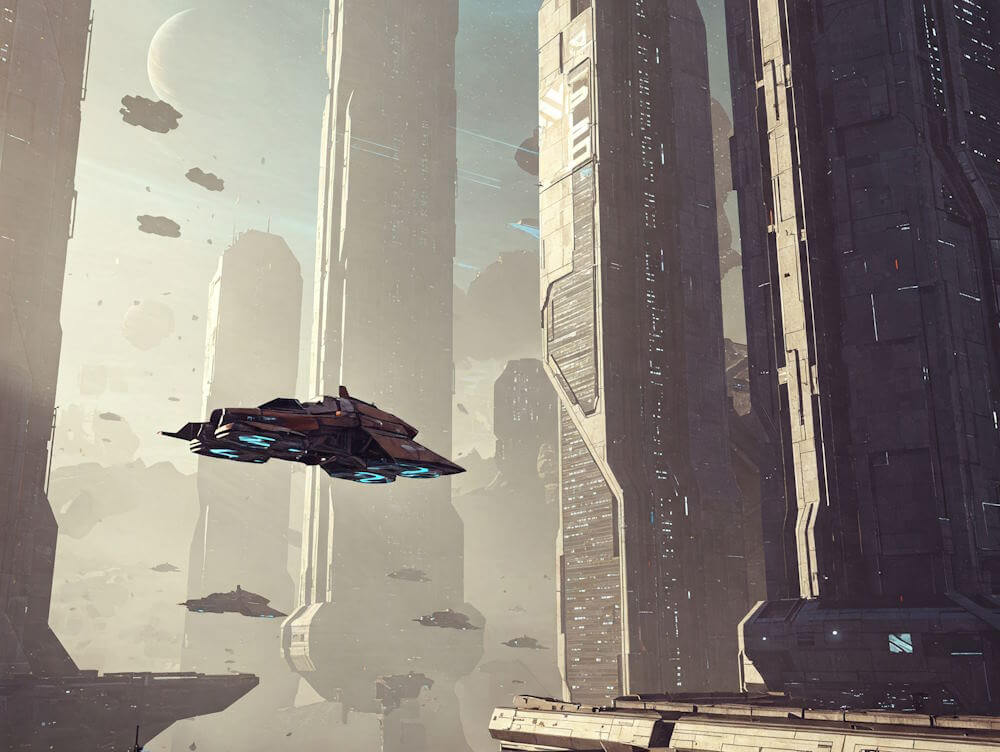Hades, developed by the esteemed Supergiant Games, has carved a niche for itself as one of the most celebrated titles in the roguelike genre. Released in 2020, this game introduces players to the underworld of Greek mythology, immersing them in a richly crafted narrative that revolves around Zagreus, the son of Hades, who endeavors to escape from the depths of the underworld. Unlike traditional gaming narratives, Hades employs a unique storytelling approach that unfolds through multiple playthroughs, making every run an integral part of the overarching plot. Players are not merely traversing levels; they are engaging with characters and lore that deepen the experience each time they confront the challenges laid before them.
The setting of Hades is steeped in the vibrant and often darker themes of Greek mythology, where every character, including gods, heroes, and mythical creatures, contributes to the dynamic environment. The world of Hades is filled with elaborate artwork and animations that enhance its atmospheric immersion, setting a high standard for visual storytelling within the genre. Encounters with figures such as Athena, Poseidon, and Hermes not only add layers to the gameplay but also resonate with players who appreciate mythological references.
Roguelike elements are essential to Hades’ appeal, as they ensure that each playthrough feels fresh and invigorating. The game’s procedural generation, accompanied by a variety of boons and upgrades, allows players to tailor their combat experience and explore numerous strategies. This diversity contributes significantly to the game’s replayability, as players are encouraged to refine their skills and experiment with different play styles. The intricate balance of storytelling, character development, and roguelike mechanics positions Hades as a standout title, captivating both casual gamers and ardent fans of the genre alike.
Engaging Gameplay Mechanics
Hades stands out in the realm of roguelikes, primarily due to its meticulously crafted gameplay mechanics that provide a blend of fast-paced action and strategic depth. Players take on the role of Zagreus, the son of Hades, engaging in thrilling combat as they attempt to escape the Underworld. What enhances the playability of Hades is its fluid combat system, which encourages both quick reflexes and careful planning. Each encounter demands players to adapt their strategies based on the enemies they encounter, ensuring that no two runs are ever the same.
One of the most significant aspects of Hades’ gameplay is the variety of weapons available, each offering a unique play style and approach to combat. Players can choose from a selection of powerful weapons, such as the Twin Fists of Malphon or the Bow of Artemis, which not only alter combat dynamics but also allow for personalized builds. Combining weapon selection with an array of boons offered by the gods introduces layers of choice and variability. This system permits players to experiment with different combinations, fostering a sense of creativity and discovery as they navigate through challenging levels.
Moreover, the emphasis on skill and strategy cannot be overstated. Players must learn enemy patterns and determine the best responses based on their current build and equipped abilities. The incorporation of dodge mechanics, special attacks, and casting spells means that executing effective combos requires both timing and finesse. This harmonious blend of action and tactical thinking ensures that while players are thrust into high-octane battles, they are also incentivized to methodically calculate their next actions. Together, these gameplay mechanics create an experience that feels rewarding, not only in terms of overcoming obstacles but also in building player competence, ensuring Hades earns its place as one of the best roguelikes ever created.
Dynamic Narrative and Character Development
At the heart of Hades lies a dynamic narrative design that intricately weaves together gameplay and storytelling. Players find themselves in the role of Zagreus, the rebellious son of Hades, on a quest to escape the Underworld. The narrative unfolds uniquely through player choices and character interactions, creating an engaging experience that transcends traditional gameplay mechanics. Each run presents opportunities for players to engage with various characters, allowing them to learn more about their backstories and motivations. As players delve deeper into the story, significant character development becomes paramount, enhancing the emotional investment in the game.
The relationships in Hades evolve as players continue to interact with other characters, such as Achilles, Nyx, and even the relentless Hades himself. Over time, these connections deepen, revealing hidden facets of each character’s personality and backstory. The game employs a relationship-building system where players can give gifts and engage in meaningful conversations. This interactive storytelling is further augmented by the myriad of dialogue options available, which often change based on the player’s progress. Such complexities ensure that no two runs are exactly alike, each contributing uniquely to character arcs and evolving the narrative.
Moreover, the narrative isn’t just a backdrop; it is an integral part of the roguelike experience. The story actively adapts to players’ actions, making choices impactful and consequential. For instance, players might find themselves facing different challenges based on their interactions with the Pantheon of characters, thereby accentuating the significance of the evolving relationships. The fusion of dynamic narrative elements with character development in Hades emphasizes how player agency can shape storylines, making each escapade through the Underworld not only a quest for survival but also a rich journey of character exploration and emotional depth.
Beautiful Art and Music Design
The aesthetic of Hades stands as one of its most compelling features, showcasing a unique art style that distinguishes it from other titles in the roguelike genre. The vibrant color palette, coupled with meticulously crafted character designs, creates a visually stunning landscape that draws players into the underworld of Greek mythology. Each environment is designed with intricate details, ensuring that every room visited within the game is memorable and visually appealing. This artistic direction not only enriches the gameplay experience but also serves to illustrate the narrative elements that unfold as players navigate through the game.
Furthermore, the animation in Hades is fluid and dynamic, allowing for a seamless blend of action and artistry. The characters exhibit a variety of expressive animations that convey personality and emotion, making interactions feel genuine and engaging. As players encounter each character, the visual storytelling, enhanced by sophisticated animations, helps deepen the emotional connection to the game’s narrative and themes of perseverance, loss, and familial bonds.
The musical score of Hades complements its impressive art style, creating an immersive atmosphere that is vital for the player’s emotional journey. Composed by Darren Korb, the soundtrack features a mix of orchestral and rock elements, brilliantly reflecting the intensity of combat and the somber undertones of the storyline. The music dynamically adjusts to the gameplay, with tempos that quicken during battles and soften during moments of reflection. This strategic use of audio not only elevates the game’s tension but also enhances the players’ emotional engagement as they progress through each encounter.
In essence, the combination of beautiful art and captivating sound design in Hades amplifies the overall experience, ensuring that its roguelike elements are not just challenging but also visually and audibly enchanting, creating a lasting impact on players. This synergy between visual and audio design plays a pivotal role in establishing Hades as a standout title in the roguelike genre.
Replayability and Game Progression
In the realm of roguelike games, replayability stands as a fundamental attribute, and Hades excels in this aspect. One of the key features that enhance the game’s replayability is the diverse array of builds players can create. Upon each playthrough, players are presented with opportunities to experiment with various weapon upgrades, known as “Infernal Arms,” and skill synergies that dramatically alter their gameplay experience. This level of customization ensures that no two runs feel the same, enticing players to delve into different strategies with every adventure.
Moreover, Hades incorporates a rich progression system that complements its replayability. As players journey through the Underworld, they collect multiple forms of resources, including “Darkness,” “Gems,” and “Ambrosia.” These resources can be utilized to unlock new abilities and permanent upgrades, leading to a gradual sense of advancement. The ever-evolving skill tree and unlockable upgrades provide a tangible sense of progression, motivating players to return for another session. This structured progression is enhanced by the dynamic narrative that unfolds during each encounter, making repeated playthroughs feel rewarding rather than repetitive.
The game also features multiple paths filled with unique challenges and adversaries, providing varied experiences. Players choose different routes through the procedurally generated environments, which include a blend of familiar and differing encounters each time. Balancing difficulty is crucial in maintaining engagement; Hades manages to achieve this by providing challenging foes while also supporting player growth through upgrades and improved skills acquired during previous runs. This strategic balance of challenge and progression contributes significantly to the addictive nature of Hades, further cementing it as one of the best roguelikes ever created.
Community and Modding Support
The success of Hades as one of the best roguelikes can largely be attributed to its robust community and extensive modding support. From the very beginning, players have collectively engaged in discussions surrounding game mechanics, strategies, and character builds, allowing for a shared experience that transcends the game itself. Forums and social media platforms have played a pivotal role in facilitating this interaction, serving as venues for players to exchange tips, post their high scores, and celebrate their achievements. The vibrant community has not only enhanced player engagement but has also sustained the game’s popularity well beyond its initial release.
User-generated content further enriches the Hades experience. Many players have taken it upon themselves to produce guides, videos, and tutorials that cover various aspects of gameplay, including optimal weapon choices and effective strategies for defeating challenging bosses. These resources serve as valuable tools for both newcomers and veteran players alike, demonstrating an admirable willingness to share knowledge and support peers in their journey through the Underworld.
Moreover, modding support has become a crucial element in extending Hades’ replay value. Modders have created an array of modifications that introduce new challenges, alter character abilities, or even add entirely new storylines. This not only reinvigorates the gameplay experience but also allows players to personalize their journey, accommodating varying preferences and playstyles. The game’s developers have recognized this creative output, often supporting modding efforts and ensuring that the community thrives. As a result, Hades continues to evolve, not merely as a game but as a collaborative project borne from the passion and creativity of its dedicated fans.
Comparative Analysis with Other Roguelikes
Hades stands out in the roguelike genre, primarily due to its harmonious blend of compelling gameplay mechanics, intricate story depth, and exceptional player engagement. When contrasting Hades with other renowned titles such as Dead Cells and Rogue Legacy, several distinctive aspects emerge that set it apart and contribute to its esteemed position in the gaming community.
One of the most significant strengths of Hades is its gameplay mechanics, which incorporate elements of both roguelikes and action role-playing games (ARPGs). Unlike many traditional roguelikes that rely on random progression and permadeath, Hades introduces a unique “God Mode” which allows players to adjust game difficulty dynamically. This feature enhances accessibility and encourages participation from a wider range of skill levels. Moreover, the game’s combat system is fluid and responsive, allowing for intricate combos and strategic playstyles. In contrast, titles like Dead Cells prioritize fluidity but often lack the narrative engagement present in Hades.
The depth of storytelling in Hades also differentiates it in the genre. Players are not merely battling to escape; they are uncovering a rich narrative steeped in Greek mythology. The characters are well-developed with meaningful relationships, echoing the themes of redemption and resilience across runs. Other roguelikes, such as Spelunky, often prioritize gameplay mechanics over narrative depth, which, while enjoyable, may leave some players craving a more engaging storyline. Hades masterfully intertwines its gameplay and narrative, effectively captivating players and driving them to delve deeper into its world.
Finally, player engagement in Hades is heightened through its innovative approach to progression. The game encourages exploration of its rich world through a thriving system of upgrades, skills, and rewards, fostering a sense of achievement after each failed attempt. In comparison, many other roguelikes tend to discourage the player with repetitive mechanics or harsh penalties, which can diminish the overall enjoyment. Hades, however, creates an environment that motivates players to return, emphasizing the rewarding experience of overcoming adversity. Overall, the combination of these unique attributes solidifies Hades as one of the best roguelikes ever created.
Awards and Critical Reception
Since its release in September 2020, Hades has garnered a remarkable amount of critical acclaim and numerous awards, solidifying its position as one of the best roguelikes. Developed by Supergiant Games, this title has been recognized not only for its innovative gameplay mechanics but also for its exceptional storytelling and character development. Critics from prominent gaming publications have praised Hades for seamlessly blending traditional roguelike elements with a compelling narrative, presenting players with a fresh experience that is both challenging and rewarding.
The game has achieved numerous accolades, including multiple Game Awards and nominations for prestigious honors such as the BAFTA Games Awards. Notably, Hades won the coveted title of “Game of the Year,” among several platform-specific recognitions. These accolades are a testament to its innovative approach to roguelike mechanics, where each run offers players different abilities and upgrades, thereby enhancing replayability and engagement.
Furthermore, player feedback has played a significant role in its reception. The gaming community has lauded Hades for its beautiful art style, immersive soundtrack, and deeply developed characters. Players have shared their experiences on various platforms, highlighting the game’s ability to evoke emotional connections between the characters and the player, which is not often seen in typical roguelikes. This positive reception also speaks to the game’s impact on the gaming industry, as it has influenced other developers to explore narrative elements within the roguelike genre.
In conclusion, the combination of critical praise, player enjoyment, and industry recognition contributes to Hades being acknowledged as one of the best roguelikes ever created. Its success story exemplifies how a well-crafted game can resonate with both critics and fans alike, setting new standards in game design and narrative. This achievement not only elevates Supergiant Games but also encourages the continuous evolution of roguelike games in the future.
Conclusion: The Legacy of Hades
Hades, developed by Supergiant Games, has undoubtedly carved a significant niche within the gaming landscape, particularly in the roguelike genre. Its unique blend of engaging gameplay mechanics, intricate storytelling, and a visually striking art style has set a standard that resonates with both players and developers alike. As an iconic title, Hades has not only garnered accolades but has also influenced future game design extensively.
The impact of Hades on the roguelike genre is palpable, with many subsequent titles drawing inspiration from its innovative systems. The game’s narrative integration with roguelike elements showcases how developers can intertwine storytelling and gameplay seamlessly. Players are encouraged to experience the story multiple times, uncovering new dimensions and character relationships with each run. This approach has opened the door for future games to prioritize narrative depth even within the repetitive structures common to roguelikes.
Moreover, the game’s art and sound design elevate the overall user experience, creating an immersive environment that enhances player engagement. The vibrant visuals and dynamic soundtrack contribute to an atmospheric experience that is both enjoyable and memorable. The influence of Hades can be seen in how newer roguelikes prioritize artistic expression and character design as essential components of gameplay.
In essence, Hades has set a benchmark for what a modern roguelike can achieve, melding mechanics, storytelling, and artistry in a harmonious manner. Its success serves as a reminder that games in this genre can transcend mere mechanics to resonate on a deeper emotional level with players. As the gaming community continues to grow and evolve, Hades will undoubtedly be remembered as a pioneering force, inspiring both players and developers to explore the full potential of roguelike design.



